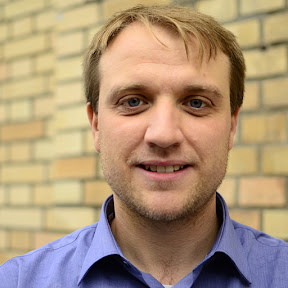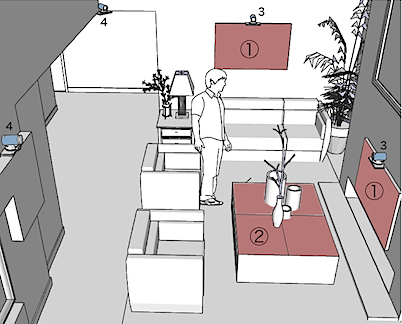V. K. Günther, P. Schäfer, B. J. Holzner, and G. W. Kemmler, “Long-term improvements in cognitive performance through computer-assisted cognitive training: a pilot study in a residential home for older people,” Aging & Mental Health, vol. 7, pp. 200–2006, May 2003. [PDF]
———
This paper describes the results of a pilot study conducted to investigate the effect of a computer-assisted cognitive training software on aging-associated memory deficits, information processing speed, learning, etc. The authors conducted a longitudinal study with 19 residents of a home for older people. Cognitive tests were administered prior to the program, immediately after, and after a period of five months to assess the effectiveness of the cognitive training.
Participants were asked to participate in 14 weeks of cognitive training program consisting of 45 minutes each week. The psychometric test battery was administered three times and consisted of two tests: the California Verbal Learning Test (Delis et al, 1987) and the Nurnberger-Aging-Inventory (NAI, Oswald and Fleishman, 1986). The study used “Cognition I”, developed by Marker (1992), which includes tasks that are designed to increase attention, verbal performance, and general knowledge.
When comparing performance pre-training and immediately post training, significant improvements were observed in the majority of cognitive functions. Verbal and visual, secondary and long-term memory, information processing speed, learning, and interference tendency improved significantly.



